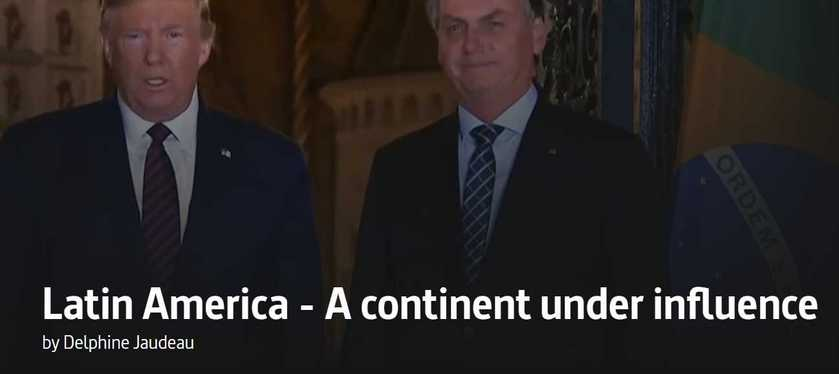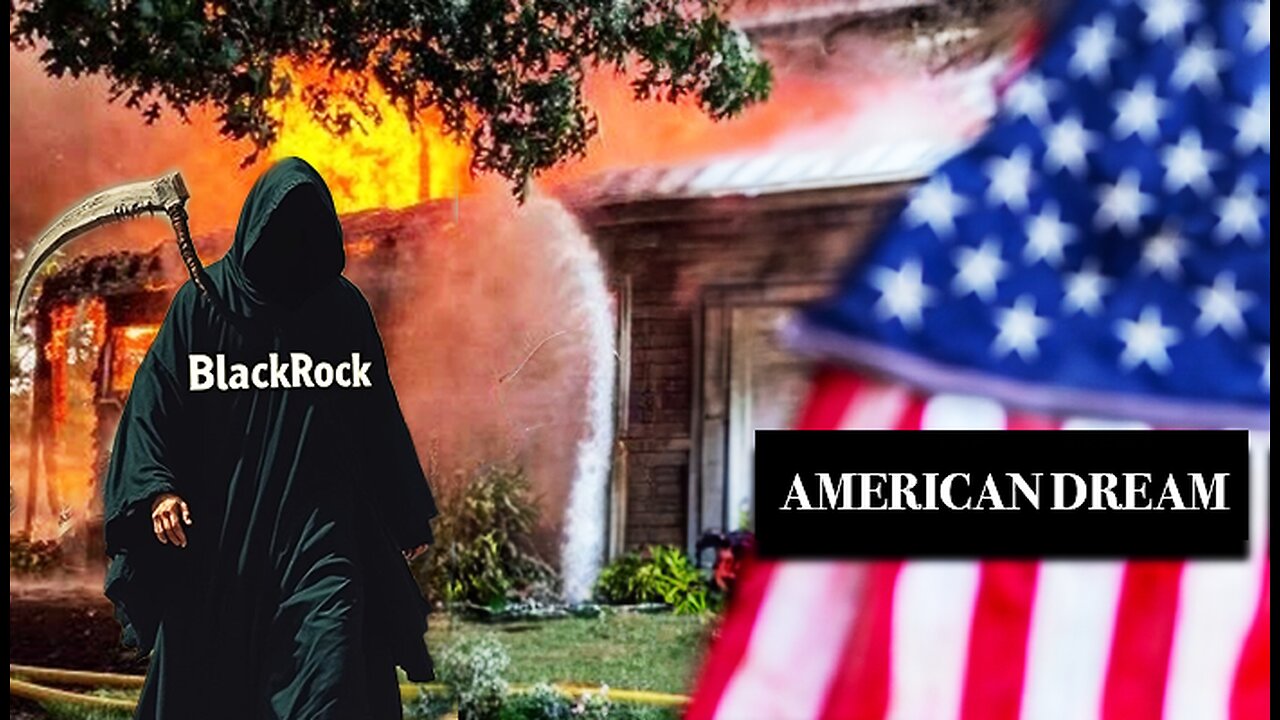America celebrates Armed Forces Day this weekend. Unfortunately, those that celebrate have no exposure to the real truth: America's armed forces have failed to protect Americans and a foreign policy commitment to freedom. What? Think about the push for borderless nation-states by the elite and international crime. Think about endless war and political corruption beyond an imaginable scale. American armed forces are involved and millions of children live in conflict zones with no escape. Death is a business and business is good. No one has the answers to end War. We've known who the death merchants are and done nothing. Major General Smedley D. Butler alerted the public writing War is a Racket in 1935. But consider our failures to heed past warnings are not ours but a president's, Dwight D. Eisenhower.
Eisenhower warned Americans and the whole world about the military-industrial complex. In his farewell speech, Ike additionally warned the public that, "For every old blackboard there are now hundreds of new electronic computers." And continued "in holding scientific research and discovery in respect, as we should, we must also be alert to the equal and opposite danger that public policy could itself become the captive of a scientific-technological elite." Wonderful. Thank you Mr. President for your concerns and consideration.
In less than two years President Kennedy will be dead.
Obviously, JFK's death is Ike's failure. Isn't it? The great five-star general didn't see it coming. Or did he? Maybe not. Hard to believe in retrospect. Death threats are the norm for many political leaders and Eisenhower must have had his fair share. But did he?
A quick review yields none. Yet, strangely enough, Wikipedia (as a tertiary resource) list attempts for every POTUS in the modern era since Herbert Hover except one. Dwight D. Eisenhower. This doesn't seem possible though Ike did save the world from the Nazi menace. Maybe out of great respect for his efforts during WWII made this odd factoid the case.
History on the Net paints a powerful picture of Eisenhower. An excerpt mentioned from Mel Ayton’s Hunting the President: Threats, Plots, and Assassination Attempts—From FDR to Obama, published in 2014, aligns Ike as a possible candidate for the greatest American President that ever lived. Historian Stephen Ambrose takes this position by calling Ike "the smartest man I’ve ever met" and Ike's presidential success shaped by “eight toughest years of the Cold War without losing a single soldier, and without giving up an inch of territory . . . he got us through the decade. I don’t know if anybody else could have. I know that he did.” That is a powerful argument.
However, in referencing another historian another observation comes to light. A praiseworthy depiction of Eisenhower in the web article reveals that "behind the bland smile and apparent simplemindedness, historian Evan Thomas argues, he was a brilliant political tactician, a 'master of calculated duplicity,' a patient, subtle leader with quiet moral courage." Interesting. So in between the lines it becomes apparent that Ike was adept at "calculated" plots.
Is this how Eisenhower foresaw the subterfuge now infiltrated throughout the world and America?
Because within "the councils of government, we must guard against the acquisition of unwarranted influence, whether sought or unsought" from all forms of corruption. Not just the military-industrial complex. Ike took the time to specifically point out technocracy but he did not offer a defense against it. Why?
A Farewell's Final Words
So-in this my last good night to you as your President-I thank you for the many opportunities you have given me for public service in war and peace. I trust that in that service you find somethings worthy; as for the rest of it, I know you will find ways to improve performance in the future.
You and I-my fellow citizens-need to be strong in our faith that all nations, under God, will reach the goal of peace with justice. May we be ever unswerving in devotion to principle, confident but humble with power, diligent in pursuit of the Nation's great goals.
To all the peoples of the world, I once more give expression to America's prayerful and continuing inspiration:
We pray that peoples of all faiths, all races, all nations, may have their great human needs satisfied; that those now denied opportunity shall come to enjoy it to the full; that all who yearn for freedom may experience its spiritual blessings; that those who have freedom will understand, also, its heavy responsibilities; that all who are insensitive to the needs of others will learn charity; that the scourges of poverty, disease and ignorance will be made to disappear from the earth, and that, in the goodness of time, all peoples will come to live together in a peace guaranteed by the binding force of mutual respect and love.
President Dwight D. Eisenhower, 17 January 1961.
Read Between lines
Eisenhowser's very last paragraph calls for emotional solidarity to achieve liberty. However, the very first outro paragraph seems to address a select few. A select group capable of arranging the right set of circumstances for opportunities during war and peace. Ike's "last good night" may not be for the American people, but for the elite that kept him and his family alive.
After WWII many strange geopolitical occurrences shaped the world. We may never know the closed-door political situations that led us to our current geopolitical dilemmas, but Eisenhower must have understood hidden events better than anyone. Something more dynamic and important to the future of humanity made Ike an untouchable. The scientific-technological elite would leave the Eisenhower Presidency alone. And for 8 years a fledging technocracy began to flourish into what we know it to be today. A globalist socioeconomic menace that mimics the dreams of a 20th-century politician. That politician was Adolf Hitler.
Background
"Eisenhower Presidency Summary". History on the Net. 20 May 2023. © 2000-2023, Salem Media. https://www.historyonthenet.com/eisenhower-presidency-summary>
President Dwight D. Eisenhower's Farewell Address. 17 January 1961. Washington D.C.















